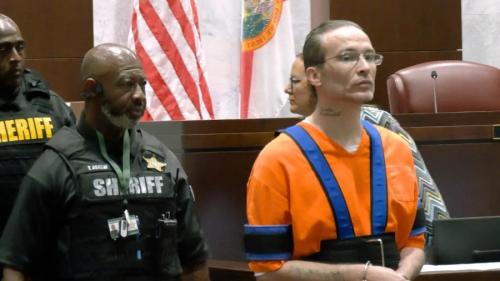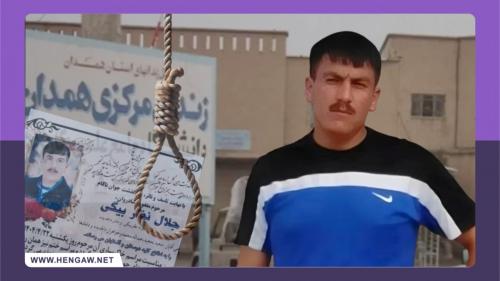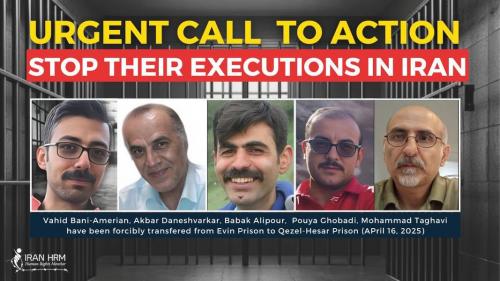11 May 1999 :
On May 11, the Supreme Court confirmed death sentences for two Sri Lankans, Murugan, and T. Suthenthiraja, and for two Indians, G. Perarivalan and a woman, S. Nalini, for the 1991 assassination of former Prime Minister Rajiv Gandhi. All use only one name. Rajiv Gandhi, premier from 1984 to 1989, was killed by a female suicide bomber belonging to the Liberation Tigers of Tamil Eelam (LTTE) at an election rally in Tamil Nadu on May 21, 1991. The Supreme Court commuted the death sentences of 3 others to life imprisonment, and acquitted 19 other defendants. All 26 were condemned to death by a court in Madras in January 1998 after a trial that lasted 6 years and heard more than 300 witnesses. The three-judge Bench was unanimous except in the case of Nalini. One justice wanted to reduce the sentence to life imprisonment since she had had a child in prison by Santan and he did not want the child to be orphaned. He was overruled, on the argument that a woman should not be shown deference, especially since the assassin was a woman."It's a great victory for the prosecution. It has established our findings that the Tamil Tigers were responsible for killing Rajiv Gandhi," said prosecutor Jacob Daniel. The justices said they were confirming the death sentences because they were the "rarest of rare cases." But Defense Attorney S. Doraiswamy said the release of 19 defendants, who were acquitted or given sentences ranging from a few months to a few years, proved the authorities had overstated their case.
The day after the sentence, the People's Union for Democratic Rights (PUDR) Secretary Harish Dhawan urged the court to urgently reconsider its decision and commute the death sentences of the 4 accused. The civil rights group said several salient points about the case need to be considered urgently, including that the main accused were dead much before the trial began and the 26 people convicted were secondary and tertiary conspirators.
The PUDR also said that the Terrorist and Disruptive Activities (Prevention) Act governed the trial with unfair procedures, including the admissibility of police confessions and the denial of appeal to the High Court, and that TADA Trial Court's judgment had made certain references to the accused Nalini which showed the judge's "disturbing prejudices."










